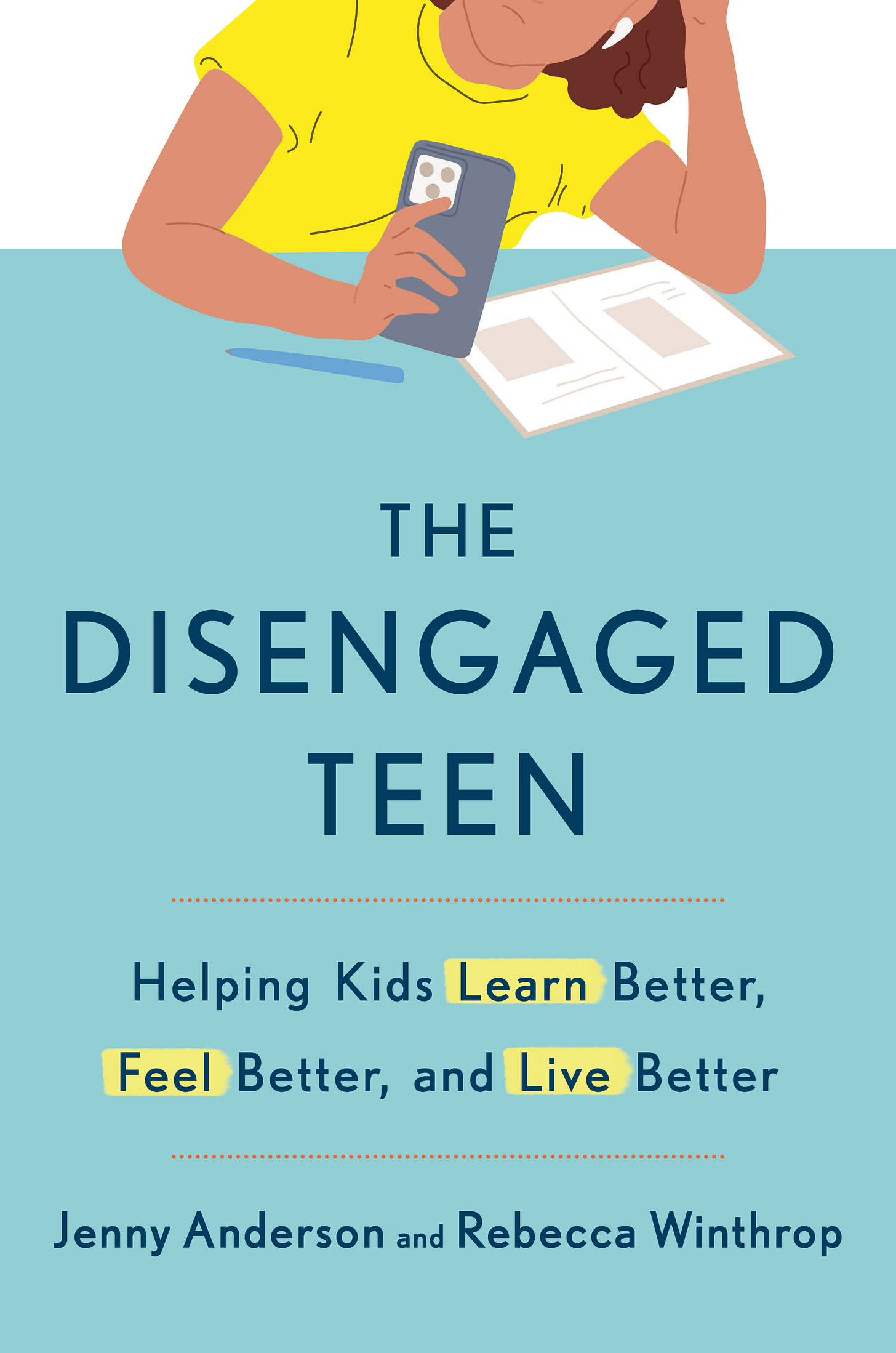Makers are Explorers
The type of engagement in learning defines makers
Here are several quotes from Rebecca Winthrop in her interview with Ezra Klein about her book, “The Disengaged Teen.”
"Approximately one-third of kids are deeply engaged — so two-thirds of
the kids are not. We need to have learning experiences that motivate
kids to dig in and engage and be excited to learn.
"The skills that I think are going to be most important are how
motivated and engaged kids are to be able to learn new things. That is
maybe one of the most important skills in a time of uncertainty."
”We need to have kids build that muscle of doing hard things because I worry greatly that A.I. will basically make a frictionless world for young people.”“I think it actually just gets down to how we orchestrate teaching and learning experiences.”
In the book, Winthrop and co-author Jenny Anderson talk about four kinds of engagement. Here’s a screenshot explaining them on the book’s website.
In a slide I saw from an author talk (shared with me by a friend), Winthrop defines engagement as “what students think, feel, do” which she charts along with agency, which she defines as “what I initiate.” Here’s how she maps these four forms on engagement:
“Passengers” are low on agency and low on engagement.
“Achievers” are high on engagement and low on agency.
“Resisters” are low on engagement and high on agency.
“Explorers” are high on engagement and high on agency.
Most students are passengers, just going along. Using Winthrop’s taxonomy, I’d say that makers are explorers. They are curious, intrinsically motivated, and persistent. They see themselves driving their own learning.
What kind of experiences does a student have in school? Are students active and engaged? Are they thinking and doing? Or is it being done to them, as they sit passively? Many students suffer the experience of school or don’t even feel that what is happening to them is an experience, they are so numb to it. If they had actually a choice, how many students would choose to continue to suffer school? Because they have no choice, they are disengaged.
So, when you are asked about maker education and why it matters, your answer should include creating the kinds of rich learning experiences that makerspaces enable — or “orchestrate.” It can target the 2/3 of the students who are disengaged.
Maker education is devoted to giving students more choices in what they do and how they learn. They will find school more engaging because it is responsive to their interests and ideas. It rewards agency and exploration over mere rule-following. Students would be proudly showing us what they can do and learning about themselves and the real world that surrounds them — with eagerness and joy. Now how engaging would that be?




